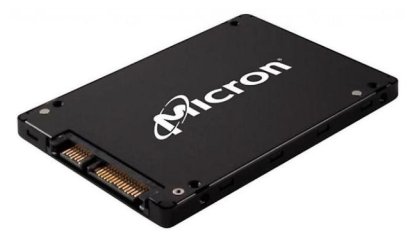- Joined
- Nov 24, 2022
- Messages
- 393 (0.40/day)
Is these disks something to recommend? 68$. I rather have WD but enterprise disks can be good as slaves when they stand more.
NOTE -These HDD is used by Datacenter Servers for about 3 Years period. HDD was refurbished and data wiped with DoD standard. It's fully tested & passed HGST factory diaGnose software test. Since this is heavy duty enterprise HDD with a 2.5M-hour MTBF ratinG.
8TB, 128MB Cache, 7200RPM, SATA III 6.0Gb/s - DesiGned for 24/7/365 Heavy Duty, 2.5M-hour MTBF
Works for Any SATA Server, NAS (network storaGe), RAID, PC, Mac, CCTV DVR, Surveillance System, CCTV DVR
Bare Drive Only, SinGle Pack, (No Screws, Cables or Accessories included) -Friendly Reminder- Please FORMAT HDD on system in order to be detected, shows on system.
NOTE -These HDD is used by Datacenter Servers for about 3 Years period. HDD was refurbished and data wiped with DoD standard. It's fully tested & passed HGST factory diaGnose software test. Since this is heavy duty enterprise HDD with a 2.5M-hour MTBF ratinG.
8TB, 128MB Cache, 7200RPM, SATA III 6.0Gb/s - DesiGned for 24/7/365 Heavy Duty, 2.5M-hour MTBF
Works for Any SATA Server, NAS (network storaGe), RAID, PC, Mac, CCTV DVR, Surveillance System, CCTV DVR
Bare Drive Only, SinGle Pack, (No Screws, Cables or Accessories included) -Friendly Reminder- Please FORMAT HDD on system in order to be detected, shows on system.





